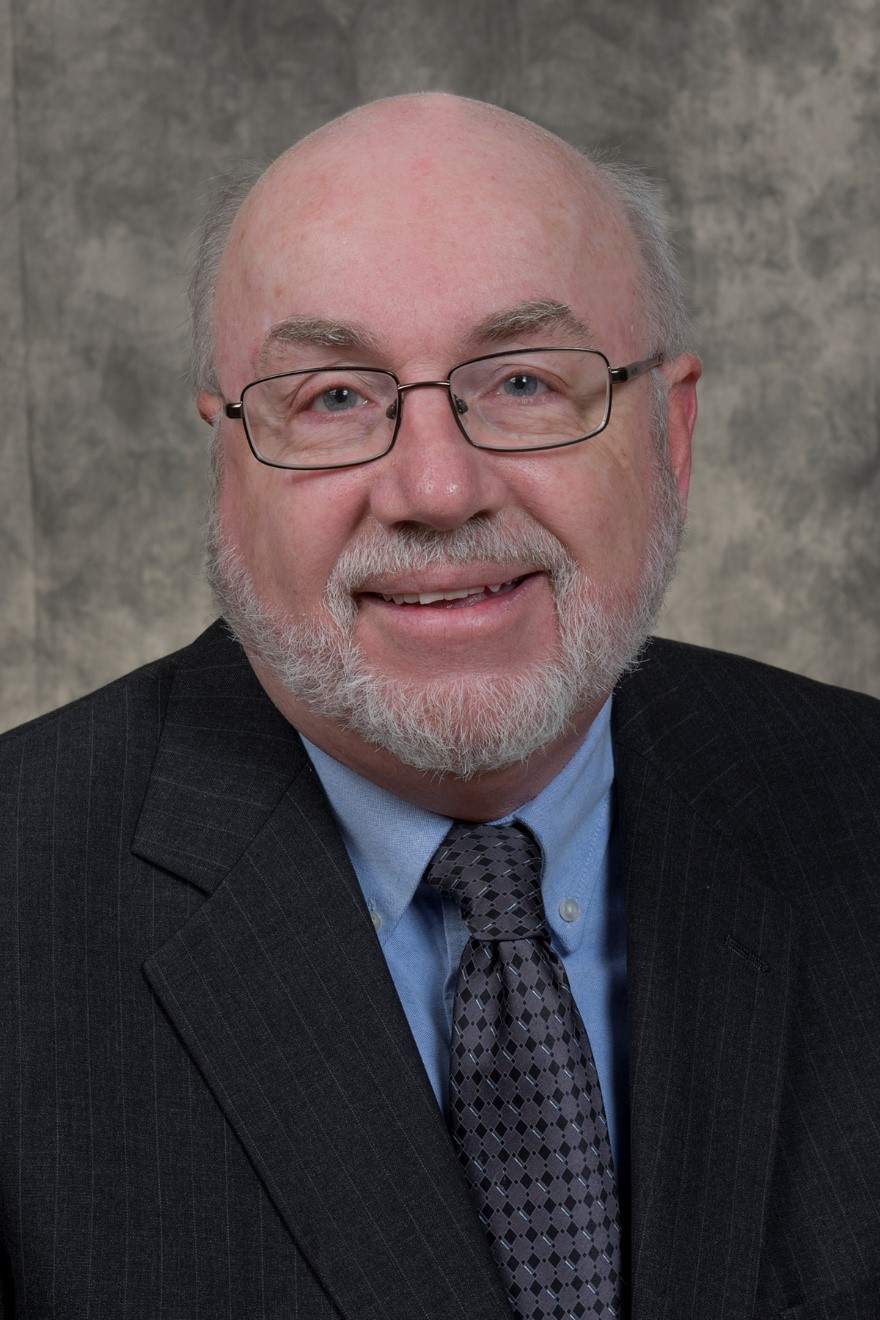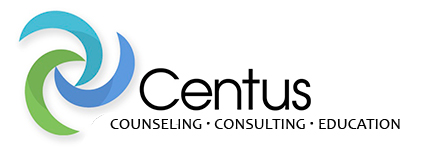Spiritual Direction is the exploration of a person’s spiritual path in the context of a one-to-one trusting relationship with a Spiritual Director, also known as a Spiritual Guide or Spiritual Companion. A Spiritual Director is trained in sacred listening, deep reflection, and discernment to aid an individual Directee to develop a deeper relationship with and understanding of the spiritual aspects of their life, relationships, and identity.
A Spiritual Director doesn’t “direct” in the sense of telling Directees what to do or what to believe. Instead, a Spiritual Director listens carefully as the Directee shares reflections, experiences, and concerns. Then the session includes offering spiritual insights, impressions, and intuitive responses to the Directee for his/her contemplation. In collaboration, the Director and Directee seek to discern the sacred dimension or God’s presence, the work of the Spirit, and/or the spiritual aspects in the Directee’s present circumstances and throughout their life journey.
The Spiritual Director, Guide or Companion has extensive knowledge of and experience with spiritual practices that facilitate spiritual growth. At the request of a Directee, the Director can teach and/or recommend spiritual practices that may be helpful to the Directee in their current spiritual journey. Often, the spiritual practice is employed by the Directee in the weeks between sessions. The Spiritual Director is committed to their own spiritual development through contemplative practices as well as growth as a Spiritual Guide through ongoing education and supervision.
Directees come from all walks of life, various spiritual perspectives and diverse faith backgrounds for a variety of reasons such as:
- a desire to grow spiritually
- seeking a deeper prayer life and/or to learn contemplative or meditative practices
- longing for a stronger relationship with God or the sacred
- finding new meaning or purpose
- making important life decisions
The spiritual direction at Centus works within the faith perspective and spiritual framework of the Directee.
The following link describes the potential benefits of spiritual direction for individuals: https://www.huffpost.com/entry/10-reasons-to-get-a-spiritual-director_b_575883c4e4b0b6c496003803
To Make An Appointment
Schedule an appointment by calling 303-225-9431or emailing MKillmer@centus.org
Description of Sessions:
Spiritual Direction typically is a 55-minute session that occurs every four to six weeks. You may opt to meet more frequently or request additional sessions as needed. The first session focuses on your reasons for seeking spiritual direction, your hopes for our time together and a discussion of your spirituality. Sessions may occur in a face-to-face meeting or in a confidential virtual session through Zoom. Between sessions, the Directee often engages in spiritual practices of their choosing to foster spiritual growth.
Your goals determine the length of time in spiritual direction. Some Directees only need a few sessions while others work with a Spiritual Director for months or years. You may end spiritual direction at any time. We hope that you will communicate your decision to terminate sessions with a face-to-face discussion with your Director.
 Spiritual Director – J. Mark Killmer
Spiritual Director – J. Mark Killmer
Spiritual Direction at Centus is provided by The Rev. Dr. J. Mark Killmer trained in individual spiritual direction at the Phoenix Center for Spiritual Direction and in group spiritual leadership at the Shalem Institute in Washington D.C. For the past 20 years, Mark has led contemplative prayer groups in church settings.
Mark is a Presbyterian clergyperson, honorably retired, with extensive experience as a Mental Health Chaplain, Marriage and Family Therapist (MFT), Clinical Supervisor, Parish Associate, Program Director, and University Professor for MFT graduate students. As a therapist, supervisor, and educator, Mark had in-depth expertise in integrating faith and spirituality with therapy. In these contexts, he has worked with individuals across the diverse spectrum of religions, denominations, and spiritual perspectives.
Mark majored in Religion at Duke University, earned his M.Div. at Vanderbilt Divinity School, a post-masters’ in MFT at the University of Pennsylvania Council for Relationships and a Psy.D. in family counseling at the Graduate Theological Foundation.
